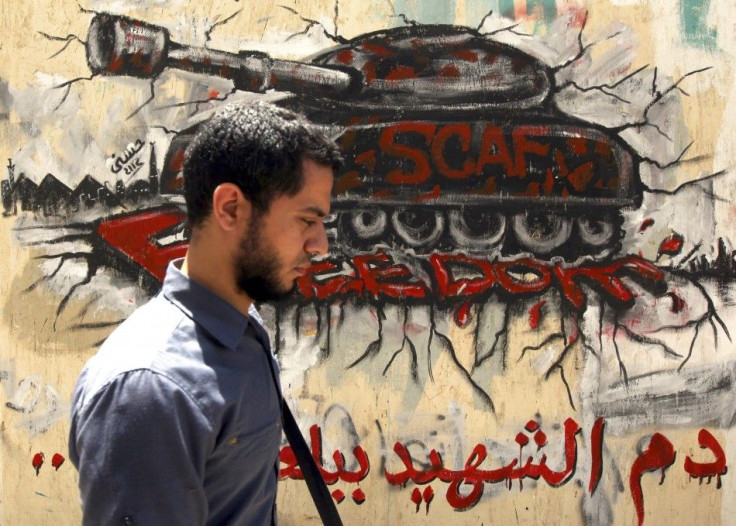Egypt Goes To Polls For Historic Presidential Election

Egypt went to polls Wednesday in country's first free election for a president after weeks of intense speculation and debate. The historic presidential election, contested by Islamists and secularists, heralds the setting up of a democratic system.
The first round of elections will be followed by a run-off planned for the next month if no candidate has a majority. It is expected that the smooth presidential election will ultimately lead to the military handing over power to a civilian administration by the end of June. Such a scenario will certainly help political conditions in the country.
However, political analysts have raised doubts that Egypt's transition, which has been turbulent so far, could result in a rough handing over of power by the military council that may increase political uncertainty.
Of the 12 presidential candidates, there are two frontrunners. The first is Amr Moussa, former secretary general of the Arab League who had also been Egypt's foreign minister for ten years. He is campaigning on a liberal market-friendly platform.
The second leading candidate is Abdel Moneim Aboul Fotouh, a moderate Islamist and former member of the Muslim Brotherhood who resigned from the party last year following his decision to run for the post of the president. His election campaign focuses on increasing freedoms and bringing about social justice and investment, which has attracted support from Islamists, liberals and leftists.
Meanwhile, the rest of the candidates, including Muslim Brotherhood's Mohammed Mursi and former Prime Minister Ahmed Shafiq, appear to have only a slim chance of winning in the elections.
Egypt's political uncertainty and absence of policy management ever since Hosni Mubarak was overthrown last year are due to the lack of clear decision making entity in the country. This makes the present presidential election all the more crucial.
The political uncertainly has affected the country's economy as well. The last thing that Egypt's ailing economy needs is another period of political infighting and uncertainty. Already the country is on the verge of a full-blown balance of payments crisis. Capital outflows and delays over an agreement with the International Monetary Fund on a $3.2 billion package have left the central bank's foreign currency reserves at dangerously low levels.
On the whole, with the current presidential election, it has become even more critical that Egypt's political authorities arrive at a long-term concurrence over the country's governance structure in the next phase of its transition into democracy.
© Copyright IBTimes 2024. All rights reserved.




















